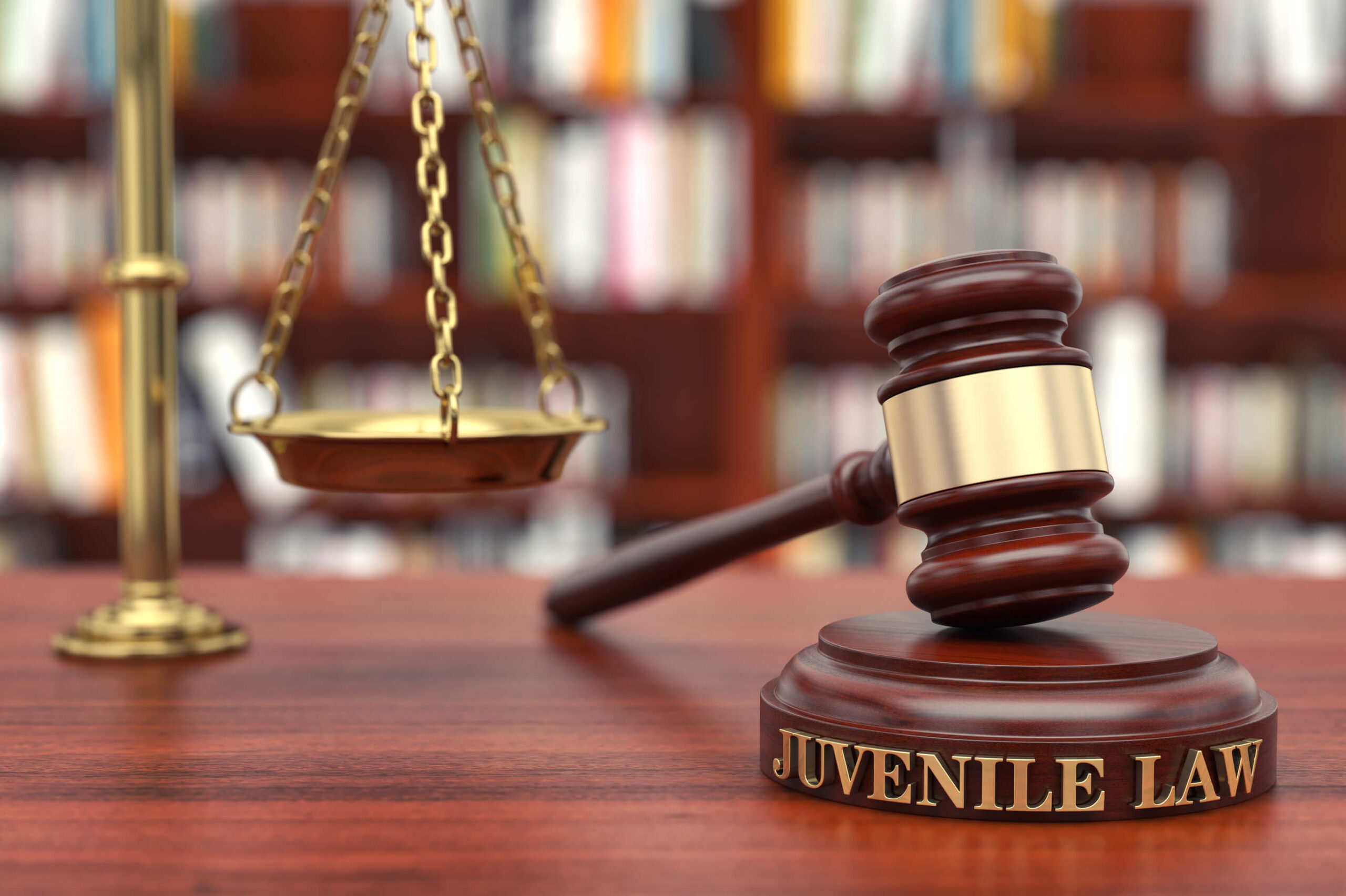Juvenile larceny is more than a legal matter. It is a societal concern that calls for immediate action.
Furthermore, there are notable differences between the charges for juvenile versus adult theft crimes. Diving into these nuances can offer valuable insights that encourage rehabilitation and discourage repeat offenses.
This guide can help parents, educators, or concerned citizens address this complex issue. Allow us to introduce you to what others have found helpful and how legal interventions work. Explore this pressing issue and define how you approach the next steps today.
Defining Juvenile Larceny
Juvenile larceny is a term used when a minor steals property. It is a category of theft that is distinct from the adult criminal system. It can involve a range of behaviors, from lesser crimes like shoplifting to more severe thefts.
Exploring the underlying causes of juvenile larceny reveals many factors unique to adolescents. Influences such as peer pressure, the pursuit of social acceptance, and the allure of risk-taking are significant contributors.
Moreover, socioeconomic factors play a role. For example, minors may steal out of necessity or in reaction to challenging life circumstances. Recognizing these underlying motivations is vital, as they often mirror more extensive societal challenges.
The legal response to juvenile larceny differs substantially from adult criminal procedures. The primary focus of the juvenile justice system is rehabilitation and reintegration. This approach acknowledges the distinct requirements and the potential for positive change in young offenders. They may rectify the offense and successfully reintegrate into the community.
Charges and Legal Process for Juvenile Larceny
The choice to get the juvenile system involved starts after an arrest. The decision often depends on the severity of the crime and criminal history. For instance, there may be a hearing that determines if a child should remain in detention. Each step that follows has a purpose that a local attorney will appreciate and anticipate.
Juvenile courts think differently than adult ones. They focus on getting the minor help instead of merely punishing them. Judges can consider a child’s age, background, and home life before they issue orders. Generally, the goal is to allow the minor to grow and teach them not to repeat their mistakes. This process can involve social workers, schools, and community programs.
As a result, what happens to a minor in a larceny case can vary significantly. They might get into a diversion program and avoid incarceration by participating in community service. Alternatively, a judge may decide to put them on probation, so they must follow the rules for a while.
The most severe punishments involve time in a juvenile facility. Even so, children may participate in education, counseling, and skills programs. Knowing the possibilities is essential for anyone with a loved one who has become involved with the justice system.
Parental Responsibilities and Involvement
Parents or guardians play a crucial role when a young person gets caught up in a larceny case. They should guide them through the situation with the help of competent legal counsel. The child or teenager should know the seriousness of the charges, what can happen, and why they should obey the legal system. Having honest talks and setting rules will help them to make better choices.
Parents may also have to make crucial legal decisions with their attorneys. For instance, they may arrange a plea deal or a diversion program with the local prosecutor.
Furthermore, parents often have a legal obligation to do everything they can to prevent recidivism. The court may expect them to keep closer tabs on where their kids hang out and the influence their friends have on them. Encouraging healthy relationships and activities can be the key to preventing more trouble.
Consult With a Local Juvenile Law Lawyer
Juvenile larceny is a complex issue that requires a nuanced approach. There are legal consequences, support, and rehabilitation to balance. Understanding how the court system works with these cases is only the start. Early intervention, comprehensive support, and legal guidance can be necessities.
Moreover, it is vital to consider the long-term impact. These charges do not have to define the future, but they can without appropriate next steps.
We can connect you with a local juvenile law attorney who can create a plan and help you stick to it. Call (866) 345-6784 or fill out this brief form to talk to one of our representatives today!

